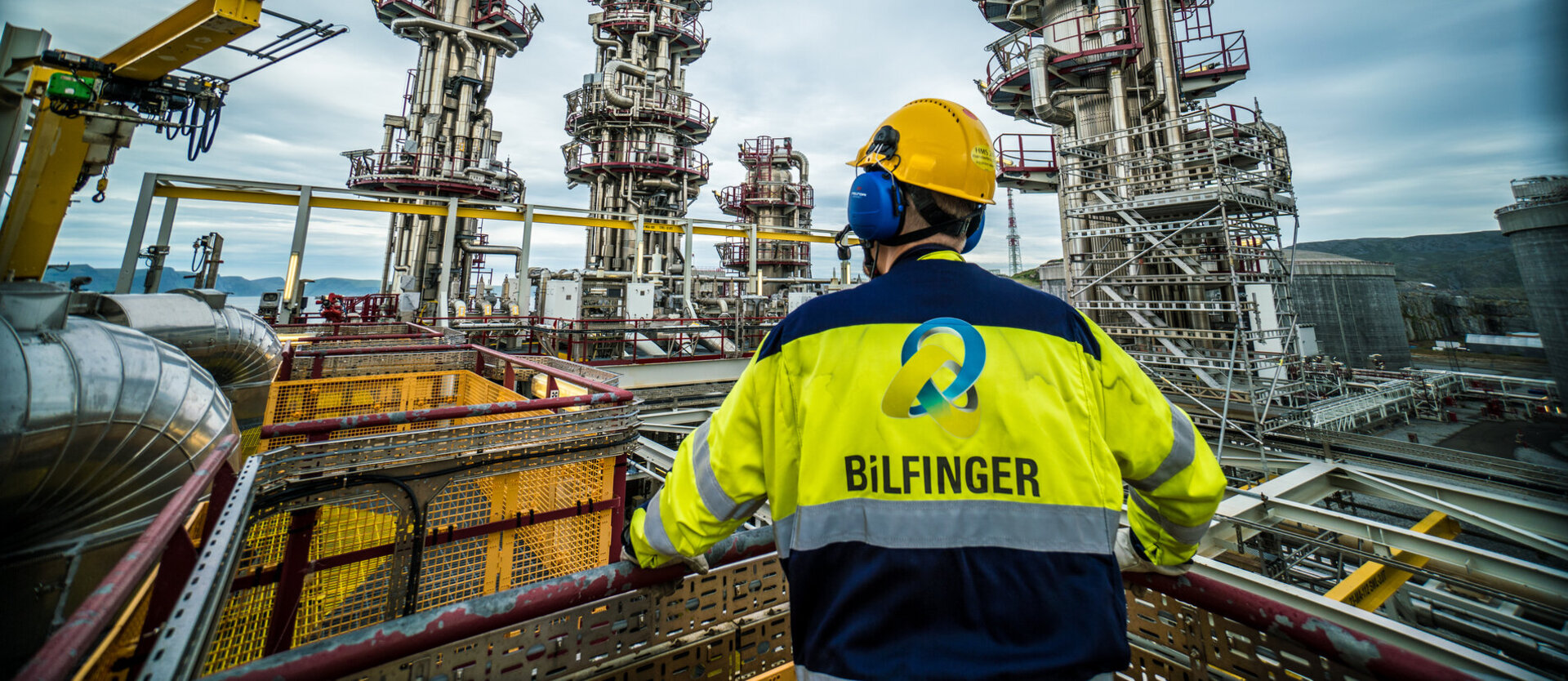
Engineering Services for Reformate Splitter
Added Value From Bilfinger
Focusing on improving safety standards and the reliability of systems which lead to a safer working environment and reduced risks of accidents or failures.

PETROJET
Middle East
Amreya Petroleum Refining Company (known as Armey Petroleum or APRC) is one of the major companies within the Refining and marketing sector focusing on energy, based in Egypt. The company was established in 1984, under full ownership of Egyptian General Petroleum Corporation (EGPC). However, the refining facility itself has been operational since 1972 and its current maximum production capacity is 81,000 BPD according to EGPC.
The major Units in APRC include;
Major Products: Propane, LPG, Naphtha, Kerosene, Jet Fuel, Gas Oil and Fuel Oil.
Major Products: LPG, Isomerate and Reformate.
Major Products: VGO, Base Oils, Special Oils, Medical Oil, Waxes, Bitumen and Fuel oil.
Major Products: LAB and HAB.
Currently, a portion of the reformate stream is sent directly to Gasoline Blending due to limitations within the Sulfolane Unit. APRC has therefore decided to install a new Reformate Splitter, within the existing Fixed-Bed Platforming Process Unit to remove C6 paraffins and lighters from the reformate. This will enable more reformate to be sent to the Sulfolane Unit and thus increase the production of Benzene. The light reformate will be sent to the existing Penex Process Unit to produce Isomerate for Gasoline blending.
The basic engineering for the Reformate Splitter unit is performed by the licensor, Honeywell UOP for the design, normal and turndown cases for the feed composition approved by APRC. The Honeywell UOP licensed reformate splitter unit needs to be integrated into the existing plant with the appropriate tie-in to the existing systems including process, utility systems, control, and power systems.
Bilfinger was contracted through Petrojet who's the main contractor to cover the Engineering Services from the EPC's full contract.
Focusing on improving safety standards and the reliability of systems which lead to a safer working environment and reduced risks of accidents or failures.

